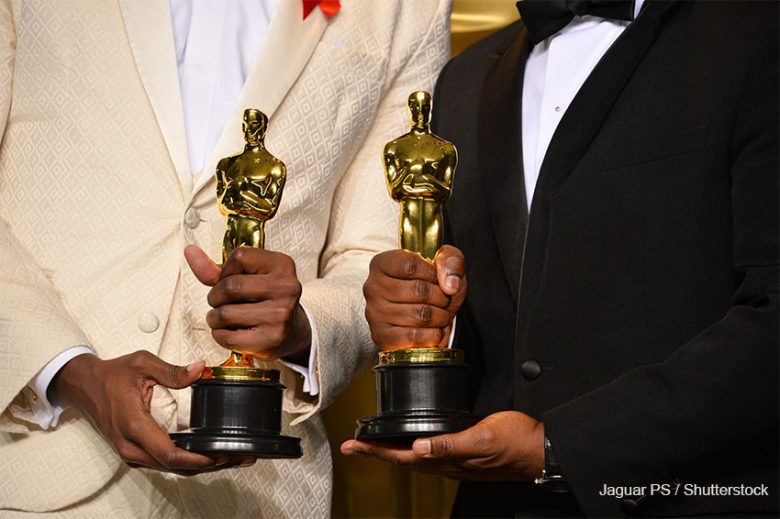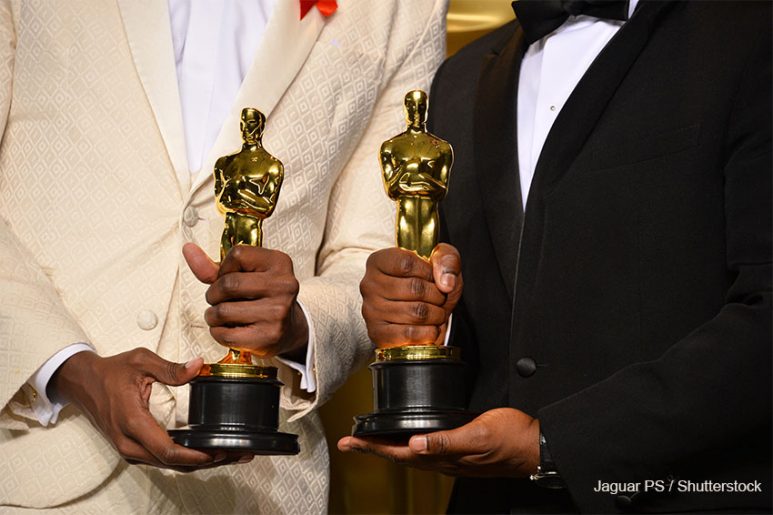By Hannah Ajala
So picture this. A famous and prestigious award ceremony which has been running for 93 years, has just announced a winner for best supporting actor. The winner of this award – Daniel Kaluuya – has just made history by becoming the first Black Brit to ever win an Oscar850. It is 2021. Why is this the first for a Black actor? And most importantly, how much longer will we still be celebrating the firsts to ever win or achieve something – just because they belong to a Black and minority ethnic group.
Chloé Zhao is another celebrated person. She also made Oscars history becoming the first Asian woman, the first woman of colour, and the second woman ever to win the Academy Award for directing for Nomadland.

The academy awards have a 93-year history. That is almost a century until we started seeing strands of diversity.
I cannot help but wonder just how many more years of awards ceremonies like these we will see – and experience – until these first xxx person to ever win an award, becomes a thing of the past.
“We are celebrating “firsts” because they are still the exception. Black excellence and female excellence – along with other underrepresented groups – still has not been normalised and it is important that we keep celebrating until it is,” says Marcus Ryder.
Marcus Ryder has over 25 years of journalism experience, ten of which at a senior management level. He has excelled in leading diverse teams to deliver daily financial and general news and award-winning investigative programmes. He is a leading authority in media diversity and is the Head of External Consultancies at the Sir Lenny Henry Centre for Media Diversity, a research institute dedicated to increasing diversity and inclusion in the UK media industry.
Ryder mentions that one of the reasons we still celebrate first is that hopefully “this will lead to the nornalisation of our success and an acknowledgement of the extra obstacles success is achieved against.”
The selection process of any award, however, is not widely known to the wider public. However, following pressure from the public due to the lack of representation the Academy Awards revealed a few years ago (in 2015 and 2016) that of its 6000 members 93% were white while 76% were men. This means that out of 6000 members 5580 came from a white background and 4560 were men.
“To borrow a phrase from the former BBC Director General Greg Dyke – ‘We do know that the make up of the people who decide awards like the Golden Globes, Bafta and the Oscars are ‘hideously White’. I am aware that Bafta and Academy Awards have both made efforts to address this, and the Golden Globes has also unveiled new policies just a few days ago to address this. Not just in their membership but how the voting system works,” Ryder tells MDI.
Indeed, the Hollywood Foreign Press Association (HFPA) that organises the Golden Globes shared a letter with Deadline, an online news outlet that focuses on the entertainment industry, in which it outlines it efforts to address the issues the awards have with diversity and ethics. The letter outlines four foundational pillars of change: accountability; membership; inclusion; good governance; ethics and transparency.
“The Board, as well as our outside partners, wholeheartedly endorse this reimagination of our organization. We must meet this moment, knowing that if we join together in support, we can become a better organization and, with hard work, an example of diversity, transparency and accountability in the industry for others to follow, just as our founders imagined almost 80 years ago,” ends the letter.
Celebrating achievements such as Daniel Kaluuya’s Oscar win is still extremely important, however, there is more to think about when we talk about first wins. Ryder mentions that although there are efforts for awards to become more inclusive and diverse, other awards ceremonies have not. However, the reason major awards ceremonies have become more inclusive is due to intense public pressure and campaigns.
“If one looks at the awards that celebrate people in less high profile positions but in many ways incredibly influential behind the camera the winners and nominees remain very undiverse. One good example of this is the RTS Craft awards which are still overwhelmingly White and male and able bodied. The Oscar win shows that public pressure can affect organisations and award ceremonies, taking that as an example we now need to focus on other important, less public facing, parts of the industry,” comments Ryder.
A recent report by Hollywood Diversity Report says that there has been a stride in diversity and inclusion, following on from the list of academy awards nominees this year. According to the report:
“Films with casts that were at least 21% minority enjoyed the highest online viewing ratings among all racial groups in the all-important 18–49 age category. Women and people of color gained ground in all job categories tracked by the report: lead actors, total cast, writers and directors.”
“I am nervous about celebrating “false dawns”. “Tipping points” are usually only recognized several years AFTER the fact when the new reality has been so normalised that you cannot imagine how the old order even existed. I am old enough to remember in the early 90’s we thought we had reached a tipping point with films like Love Jones, Love and Basketball, etc etc. and while that was definitely progress it wasn’t the systemic change many had hoped for,” Ryder tells MDI.
“I am not a pessimist, so I hope we are entering a new phase in media representation but I think it is far too early to tell,” says Ryder.
It’s too early to tell indeed, but is most certainly something many diverse communities are proud to see. An achievement is still an achievement regardless of race, so how great would it be to celebrate an individual on an achievement for their talent – without having to mention their race.
Photo Credit: Jaguar PS / Shutterstock

